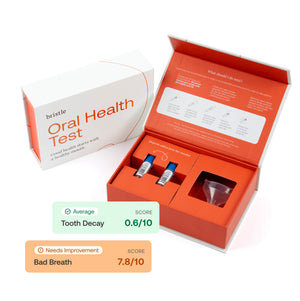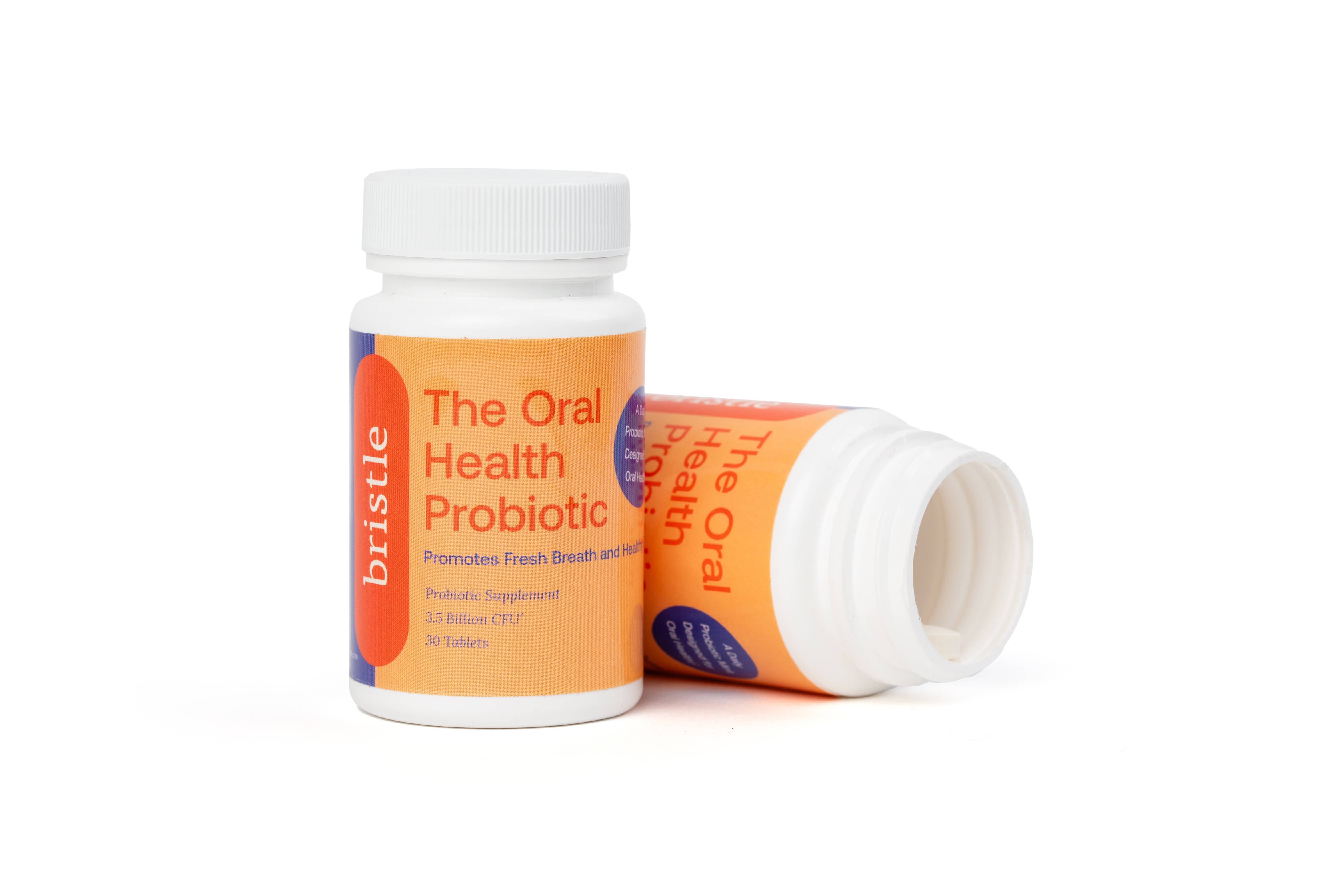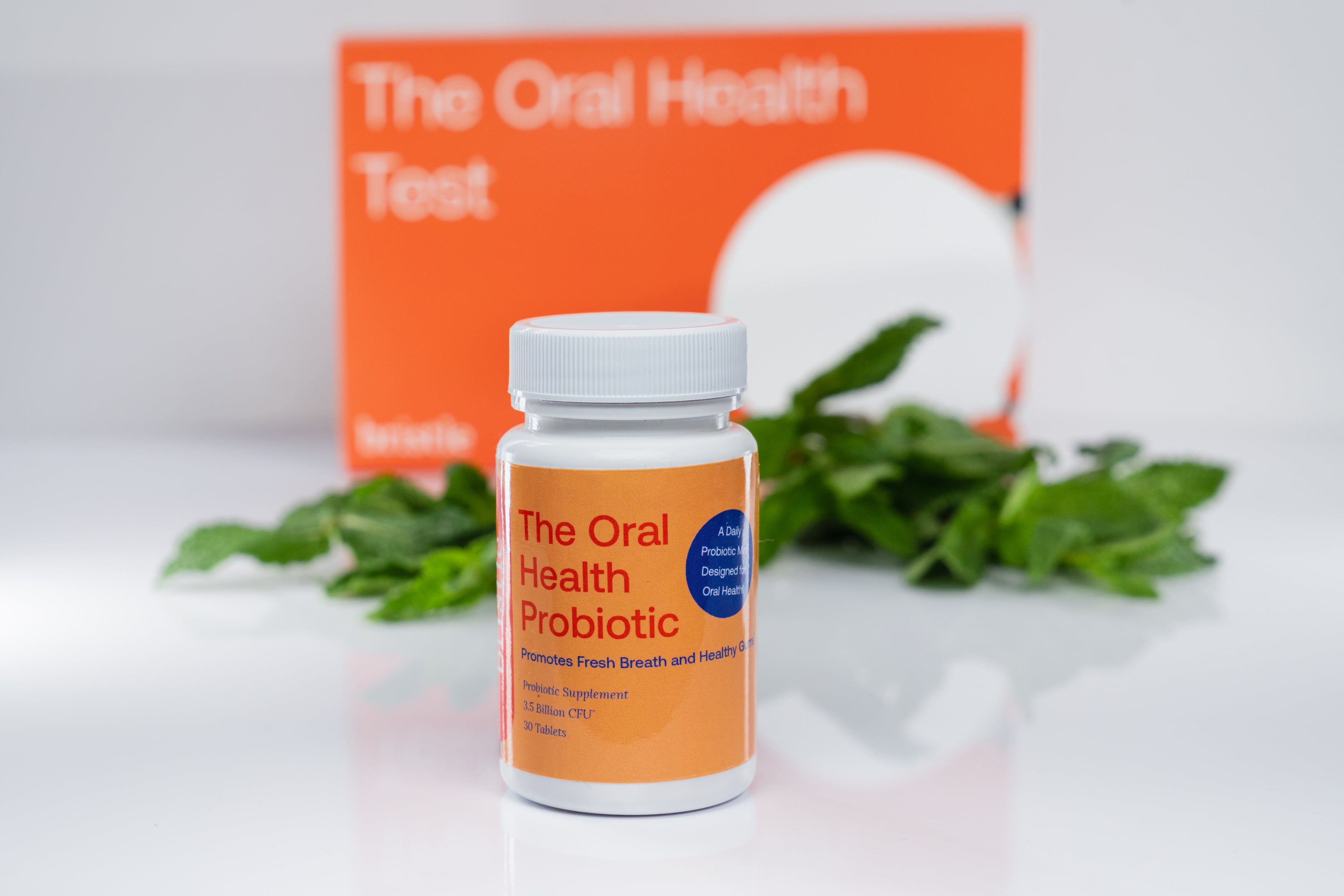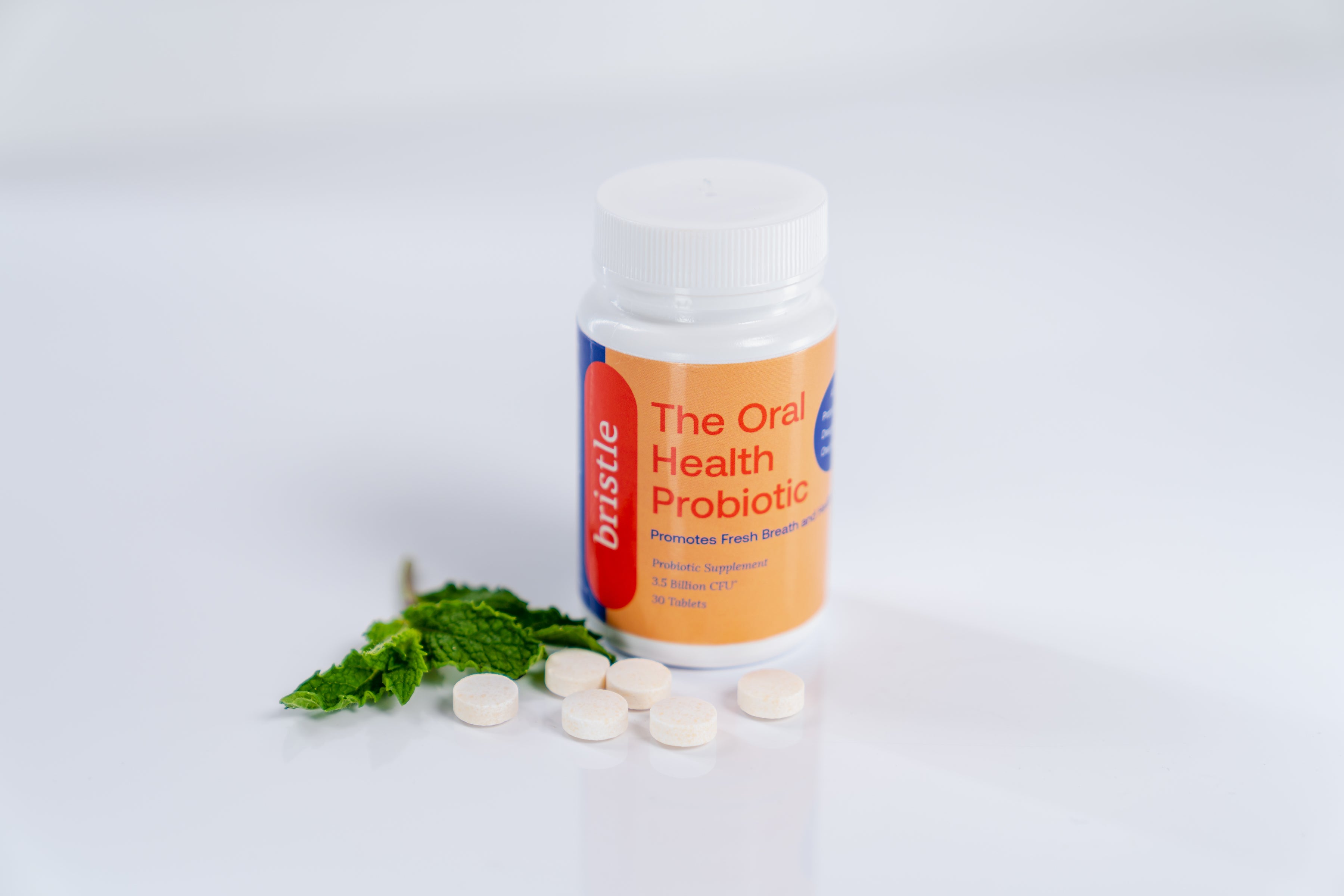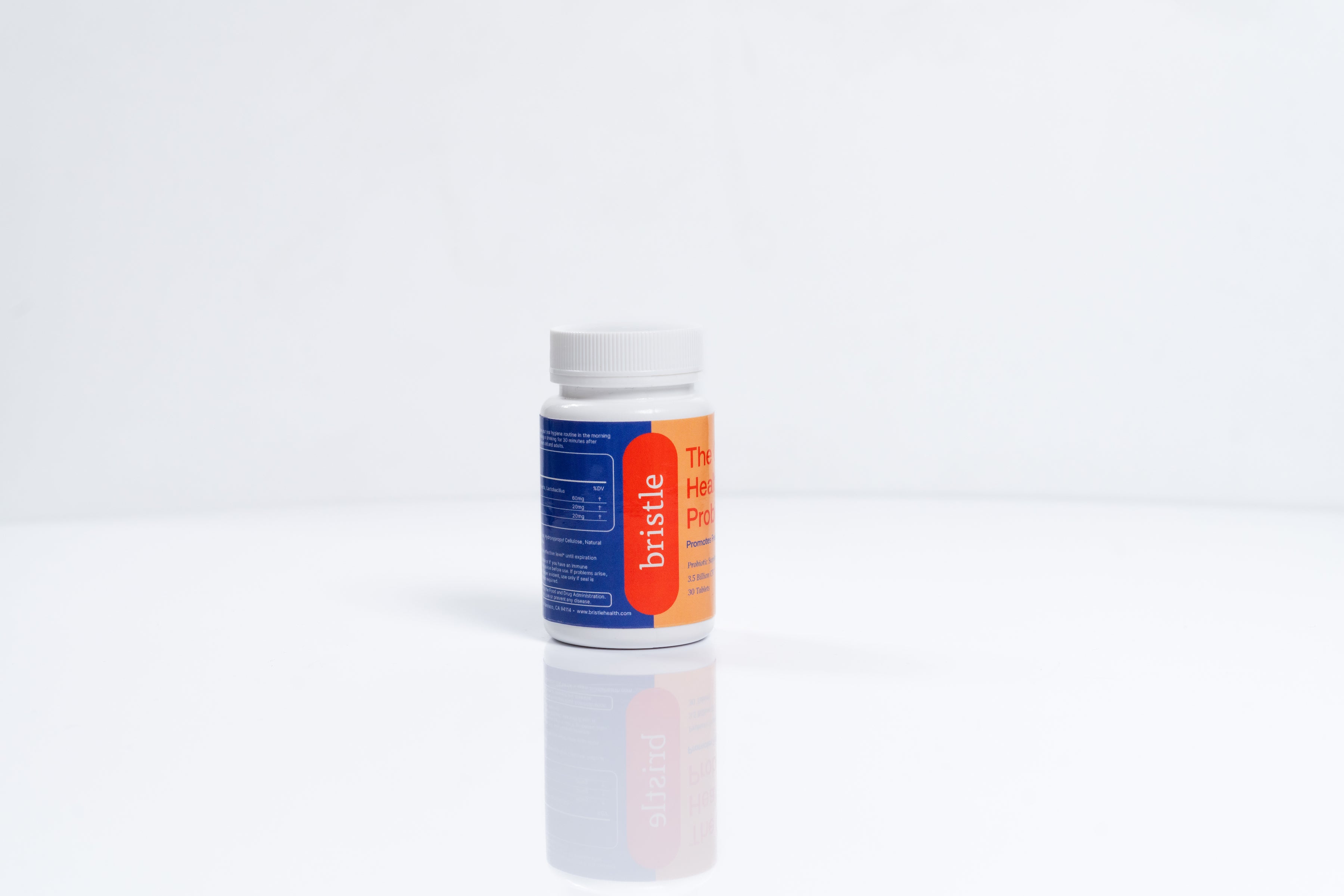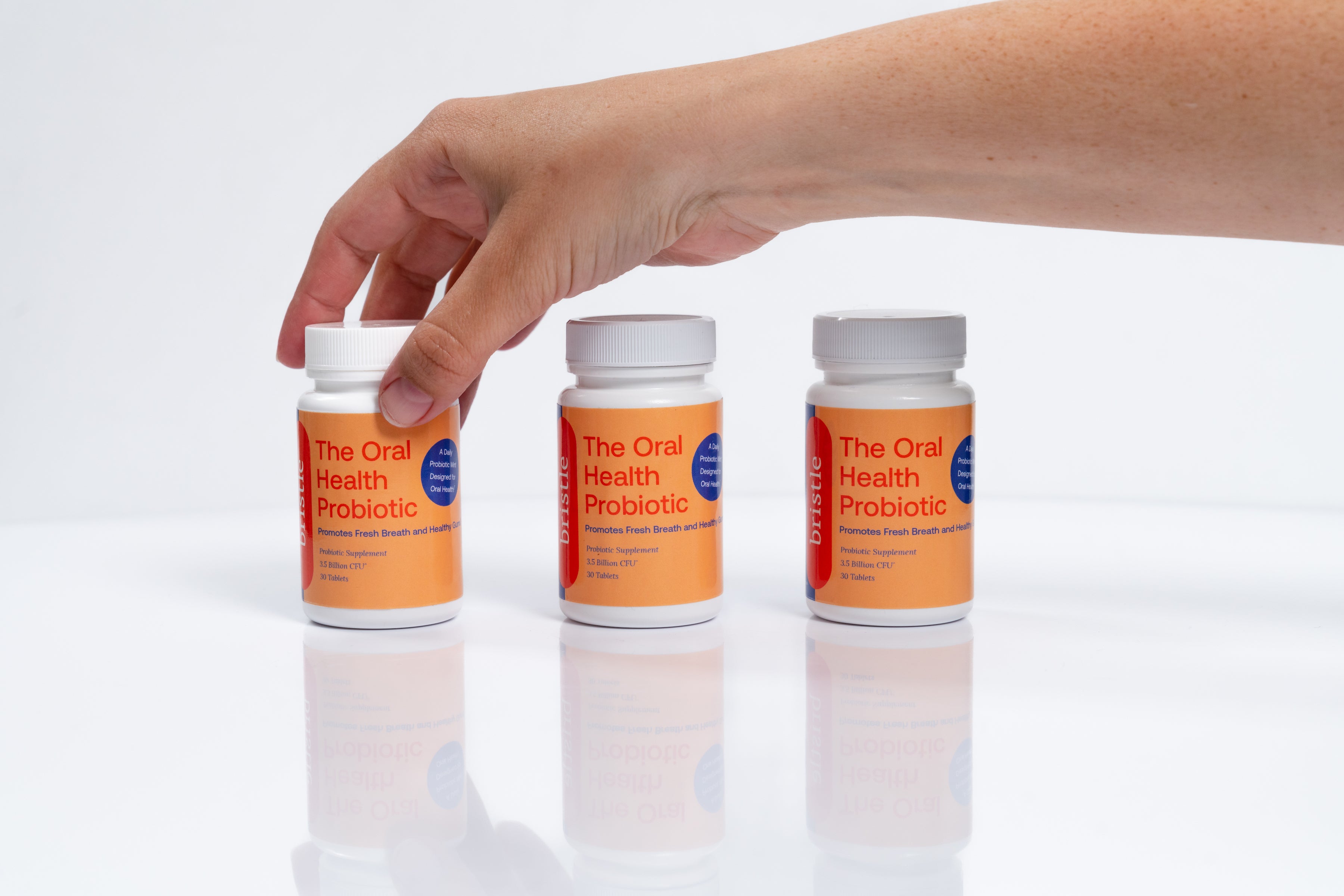The Study
Variations in the oral microbiome are associated with depression in young adults
Where: Ulster University, Coleraine, United Kingdom
Published: July 22, 2021, Scientific Reports
The Takeaway
This study examined the differences in the composition of the salivary microbiome in both healthy young adults and those with depression. They found distinct differences in the microbiome make-up, potentially suggesting a connection between the oral microbiome and depression.
What it looked at
This study used 16S-sequencing to determine the bacterial composition of saliva in young adults with depression versus healthy match controls to evaluate if changes in the structure and composition of the oral microbiota were associated with depression. First-year students at the university were recruited and anonymously took an online mental health survey to determine if they met the criteria for depression. There were 40 study patients and 43 healthy controls with no history of mental health disorders. Average ages were 20-22 years old, with no significant difference between ages and genders. Saliva samples were obtained and analyzed to compare the microbiome profiles.
What it found
The dominant species present in both groups were similar, but there were significant differences beyond these. Specifically, while there was no significant difference in the number of species in a sample (alpha-diversity) between the groups, but there were significant differences in abundance levels of species (beta-diversity) between healthy and depressed individuals. A total of 21 different bacteria were found in different abundances in the depressed cohort, including increased levels of Neisseria spp. and Prevotella nigrescens, and decreased levels of 19 other species. Additionally, smoking was found to result in altered microbiome composition; however, there was no interaction between smoking and cohort status, indicating that the separation of the depressed and control groups is independent of smoking.
Why It Matters
Prior studies have shown differences in the gut microbiome between healthy and depressed individuals. This study highlights the importance in understanding whether a potential connection exists between the oral microbiome and depression, a widespread and often mismanaged mental health condition. While not assessed in this study, oral health and hygiene habits also impact the oral microbiome, and data regarding this was not controlled for or collected. Since there is a documented association between depression and poor oral health, it is possible that some of these differences in the oral microbiome may not directly be attributed to depression in all cases and maybe secondary to different oral health habits. As one of the most diverse microbiomes in the body, understanding the composition of bacterial diversity and abundance in the oral microbiome may help lead to a better understanding of health issues including depression.

